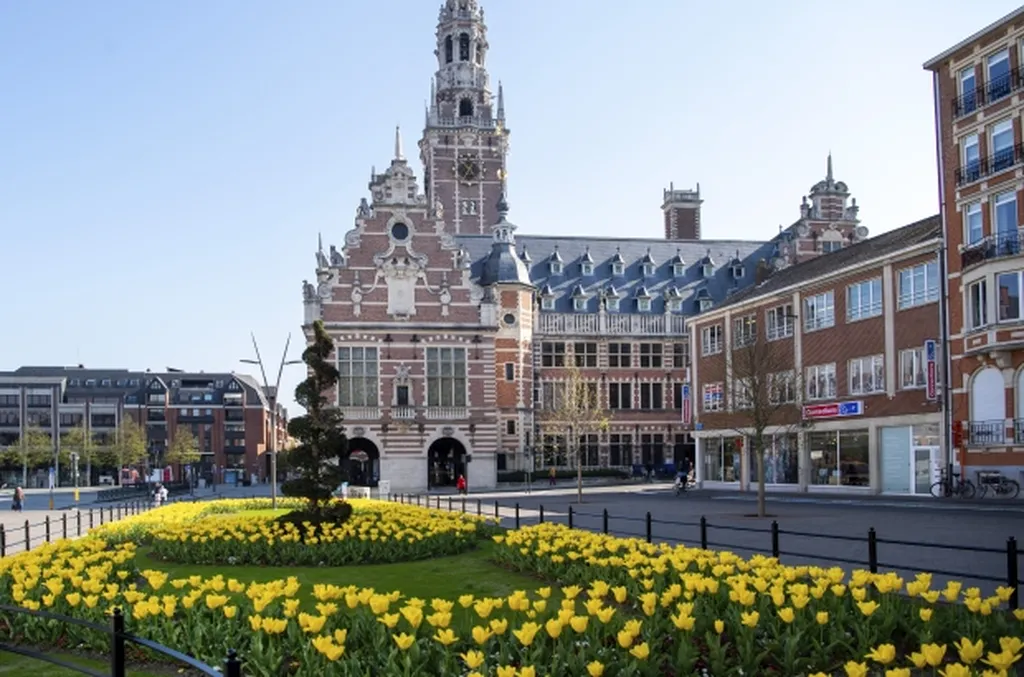In the heart of Grenoble, France, a team of researchers led by Martin Donald K. of the University of Grenoble Alpes is pushing the boundaries of biotechnology, merging biological systems with synthetic materials to create smart nanostructured systems. Their work, recently published in *The EuroBiotech Journal* (translated from French as *The European Biotechnology Journal*), is not just an academic exercise but a potential game-changer for industries, particularly the energy sector.
Donald K. and his team are exploring the concept of “biological engineering,” a term coined in 1970 to integrate engineering principles with biological systems. Their approach is unique—they are assembling smart nanostructured systems using biological proteins, molecules, and lipids in combination with synthetic materials. This fusion of biology and engineering could lead to innovative solutions for energy storage, sensing, and more.
One of the most compelling examples from their research involves the use of ion channels as control elements. In one instance, they genetically modified a liver cell to secrete insulin, demonstrating the potential for creating smart, responsive biological systems. In another, they assembled an artificial cell with purified ion channels incorporated into a lipid bilayer membrane, showcasing the versatility of their approach.
“The beauty of this work lies in its interdisciplinary nature,” says Donald K. “By combining biological components with synthetic materials, we can create systems that are not only smart but also highly adaptable to various industrial needs.”
The implications for the energy sector are profound. Imagine smart materials that can respond to environmental changes, optimizing energy storage and distribution. Or sensors that can detect and respond to specific molecules, enhancing safety and efficiency in energy production. These are not just pipe dreams but real possibilities that could be realized through the work of Donald K. and his team.
As we look to the future, the integration of biological engineering with nanotechnology could revolutionize how we approach energy and other industries. The work published in *The EuroBiotech Journal* is a testament to the potential of this field, offering a glimpse into a future where biology and engineering converge to create smarter, more efficient systems.
In the words of Donald K., “This is just the beginning. The possibilities are vast, and we are excited to explore them further.” With such visionary research, the energy sector and beyond may soon witness a transformation that was once thought impossible.

